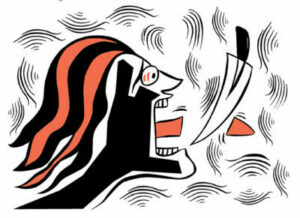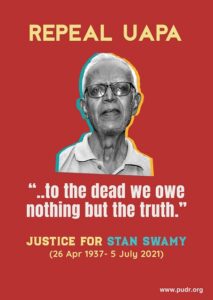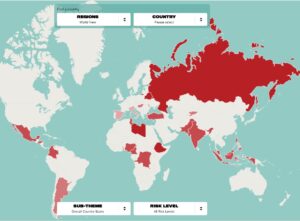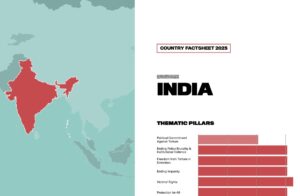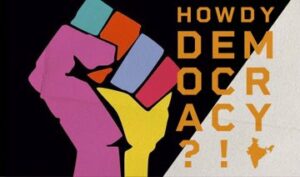As Maharashtra Govt Brings Bill Against ‘Urban Naxalism’, Activists Fear Criminalisation of Dissent
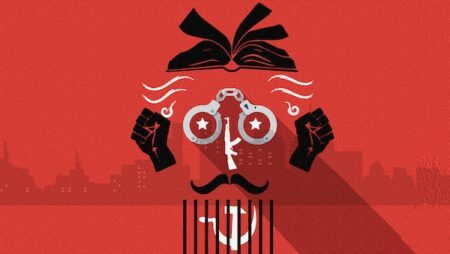
As Maharashtra Govt Brings Bill Against ‘Urban Naxalism’, Activists Fear Criminalisation of Dissent
13/07/2025
The Wire / by Sukanya Shantha
None of the provisions under the newly introduced bill is not already covered under the existing UAPA or the Bhartiya Nyaya Sanhita (BNS) or the Maharashtra Control of Organised Crime Act (MCOCA).
Despite existing laws that comprehensively address the threat of terrorism in the country, the Bharatiya Janata Party (BJP)-led Maharashtra government last week introduced yet another bill – the Maharashtra Special Public Security Bill – claiming it will tackle the “urban footprint of Naxalism” in the state.
Read more
Maharashtra Public Security Bill: Vague and dangerous for civil liberties
11/07/2025
The Indian Express / by Rohin Bhatt
Instead of the word ‘abetting’, which is commonly used in criminal law, the new law uses the word ‘encouraging’. What amounts to abetting a crime is settled jurisprudence. But the word ‘encouraging’ is alien to criminal law
“When I use a word,” says Humpty Dumpty in Lewis Carol’s Through the Looking Glass, “it means just what I choose it to mean — neither more nor less.” However, when words are used in a piece of legislation, they cannot mean what the party in power wants them to.
Read more
Maharashtra Assembly passes bill to curb ‘left-wing extremism‘
10/07/2025
Scroll.in / by Scroll Staff
Opposition leaders expressed concern about its broad language, particularly the definition of the term ‘urban Naxal’.
… The term “urban Naxals” was first used by Union ministers and leaders of the Bharatiya Janata Party after several activists and academics were arrested in the Elgar Parishad case in 2018. Since then, the term has often been used to describe some dissidents of the Narendra Modi government.
Read more
Also read:
▪ A New Bill Shows Maharashtra Wants to Become a Police State Before Combatting Left-Wing Extremism (The Wire / Jul 2024)
▪ What is Maharashtra’s new Bill to curb ‘Naxalism in urban areas’? (The Indian Express / Jul 2024)
▪ Maharashtra: Activists, Lawyers Added to ‘Union War Book’, Listed as ‘Enemies of the State’ (The Wire / Jul 2021)
